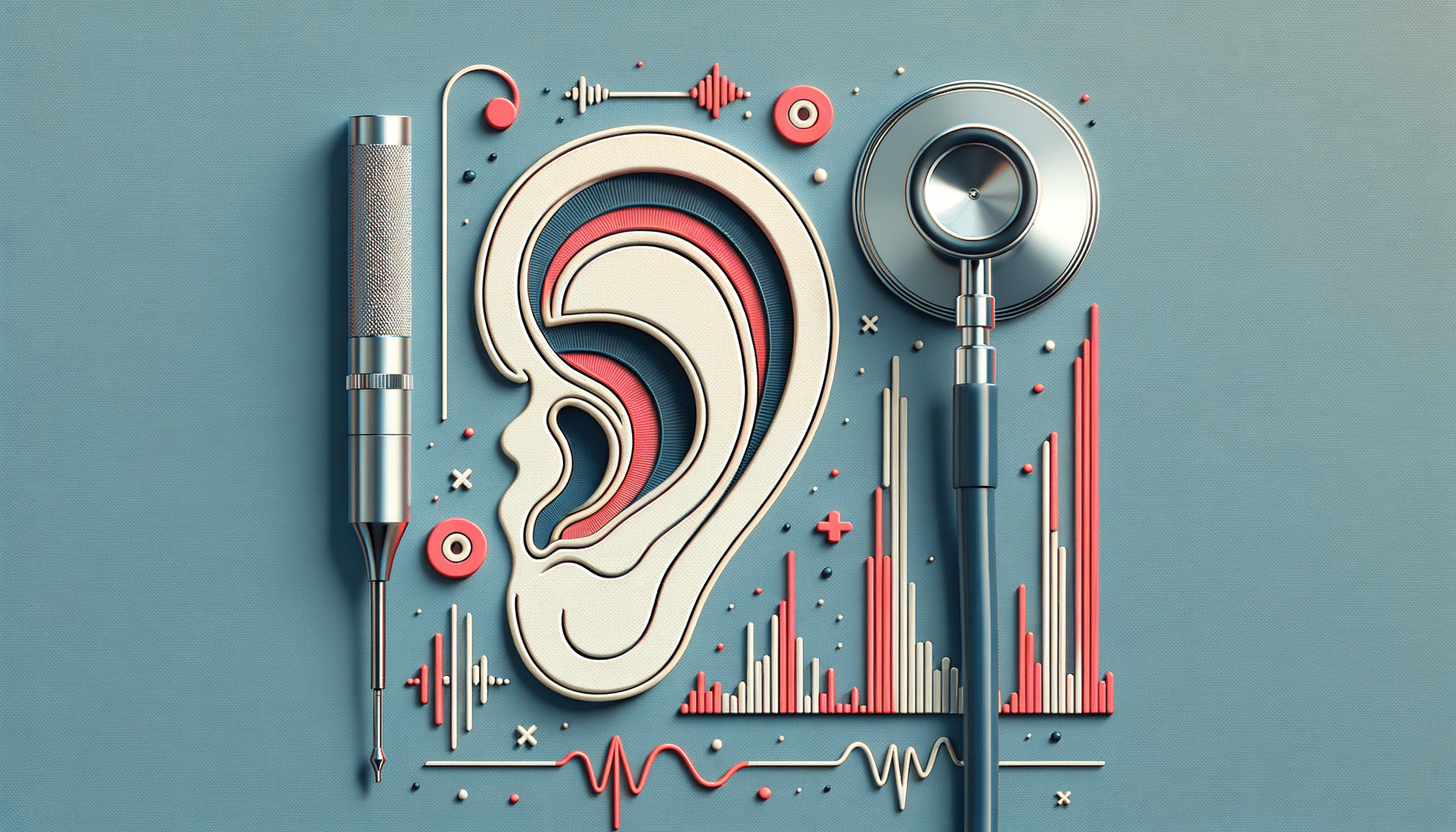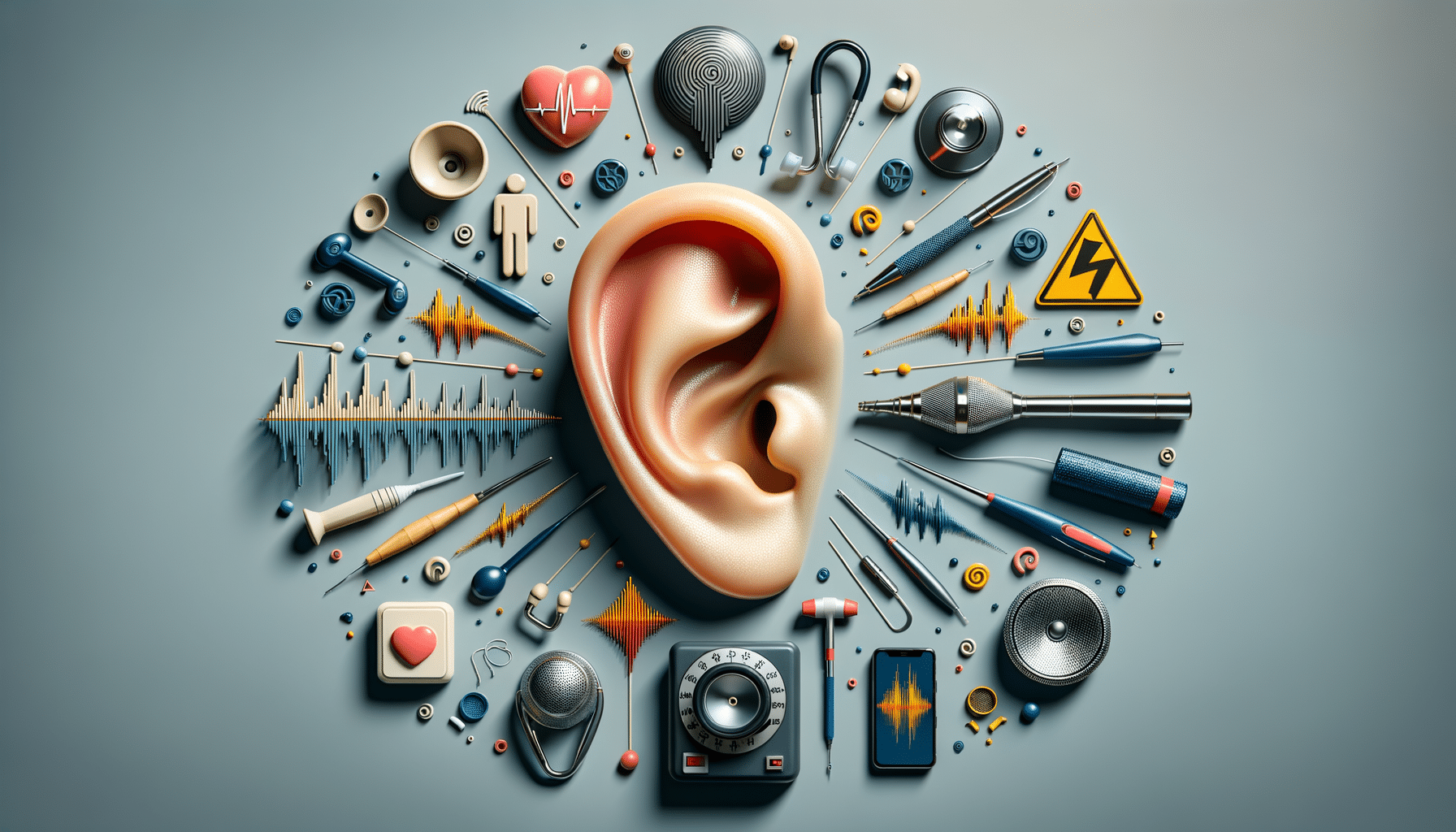
Concerned About Hearing Loss? Discover Your Status with This Reliable Quick Test
The Importance of Hearing Tests
Hearing is one of the vital senses that allow us to interact with the world around us. It enables communication, alerts us to danger, and adds depth to our experiences through music and nature. However, hearing loss is a prevalent issue that affects millions worldwide, often creeping in unnoticed. A reliable hearing test can reveal hidden hearing loss you may not have noticed. Early detection makes management more effective, making regular hearing tests an essential part of maintaining overall health and well-being.
Hearing tests are not just for those who suspect they have a problem. They are a proactive measure, much like regular dental check-ups or vision exams. These tests can identify potential hearing issues before they develop into more serious problems. By understanding your hearing status, you can take appropriate steps to protect and preserve your hearing health.
Moreover, hearing loss is not just an age-related issue. It can affect individuals of all ages, including children and young adults. Regular hearing assessments can help detect issues early, ensuring timely intervention and better outcomes. With the increasing exposure to loud environments and the use of personal audio devices, taking a preventive approach to hearing health has never been more critical.
Understanding the Hearing Test Process
The process of a hearing test is straightforward and non-invasive, designed to assess various aspects of your hearing ability. Typically conducted by an audiologist, the test evaluates how well you hear different sounds, pitches, and frequencies. It often begins with a preliminary discussion about your hearing health history, followed by the actual testing phase.
During the test, you will be asked to wear headphones and listen to a series of sounds. These sounds vary in pitch and volume, and you will need to indicate when you hear them. This part of the test is known as pure-tone audiometry and helps determine the softest sounds you can hear at different frequencies.
Another component of the hearing test is speech audiometry, where you will be asked to repeat words spoken at different volumes. This helps assess your ability to understand speech, especially in noisy environments. The results from these tests are plotted on an audiogram, a visual representation of your hearing ability across different frequencies. Understanding these results can guide you and your healthcare provider in making informed decisions about your hearing health.
Common Causes of Hearing Loss
Hearing loss can result from various factors, and understanding these causes is crucial for prevention and management. One of the most common causes is age-related hearing loss, known as presbycusis. This gradual loss of hearing occurs as we age, typically affecting both ears equally. It is characterized by difficulty hearing high-frequency sounds and understanding speech, especially in noisy environments.
Another significant cause of hearing loss is exposure to loud noises. This type of hearing loss, known as noise-induced hearing loss, can occur suddenly or gradually over time. It affects individuals who frequently encounter loud environments, such as construction workers, musicians, and those who listen to music at high volumes through headphones.
Other causes include ear infections, which can lead to temporary or permanent hearing loss if left untreated. Certain medications, known as ototoxic drugs, can also affect hearing. Additionally, genetic factors can play a role, with some individuals being more predisposed to hearing loss than others. Understanding these causes and taking preventive measures can significantly reduce the risk of hearing loss.
Managing and Treating Hearing Loss
Once hearing loss is detected, there are various management and treatment options available. The choice of treatment depends on the type and severity of the hearing loss. For many, hearing aids are a practical solution that can significantly improve their quality of life. These devices amplify sounds, making it easier to hear and understand speech.
In cases of severe hearing loss, cochlear implants may be recommended. Unlike hearing aids, which amplify sound, cochlear implants bypass damaged parts of the ear and directly stimulate the auditory nerve. This option is typically considered when hearing aids are no longer effective.
For those with temporary hearing loss due to infections or blockages, medical treatment or minor surgical procedures can restore hearing. It is crucial to consult with an audiologist or an ear, nose, and throat specialist to determine the best course of action. With the right management and treatment, individuals with hearing loss can lead fulfilling lives with minimal impact on their daily activities.
Preventive Measures for Healthy Hearing
Prevention is always better than cure, and this holds true for hearing health as well. There are several measures you can take to protect your hearing and prevent hearing loss. One of the simplest steps is to avoid exposure to loud noises. This includes turning down the volume on personal audio devices and wearing protective gear in noisy environments.
Regular hearing tests are another preventive measure that can catch potential issues early. By staying informed about your hearing health, you can take timely action to address any concerns. Additionally, maintaining a healthy lifestyle can contribute to better hearing health. This includes a balanced diet rich in vitamins and minerals, regular exercise, and avoiding smoking, which has been linked to an increased risk of hearing loss.
Educating yourself and others about the importance of hearing health can also make a significant difference. Raising awareness about the risks and preventive measures can lead to a more informed community that values and protects its hearing health. By taking these steps, you can ensure that your hearing remains sharp and vibrant for years to come.


